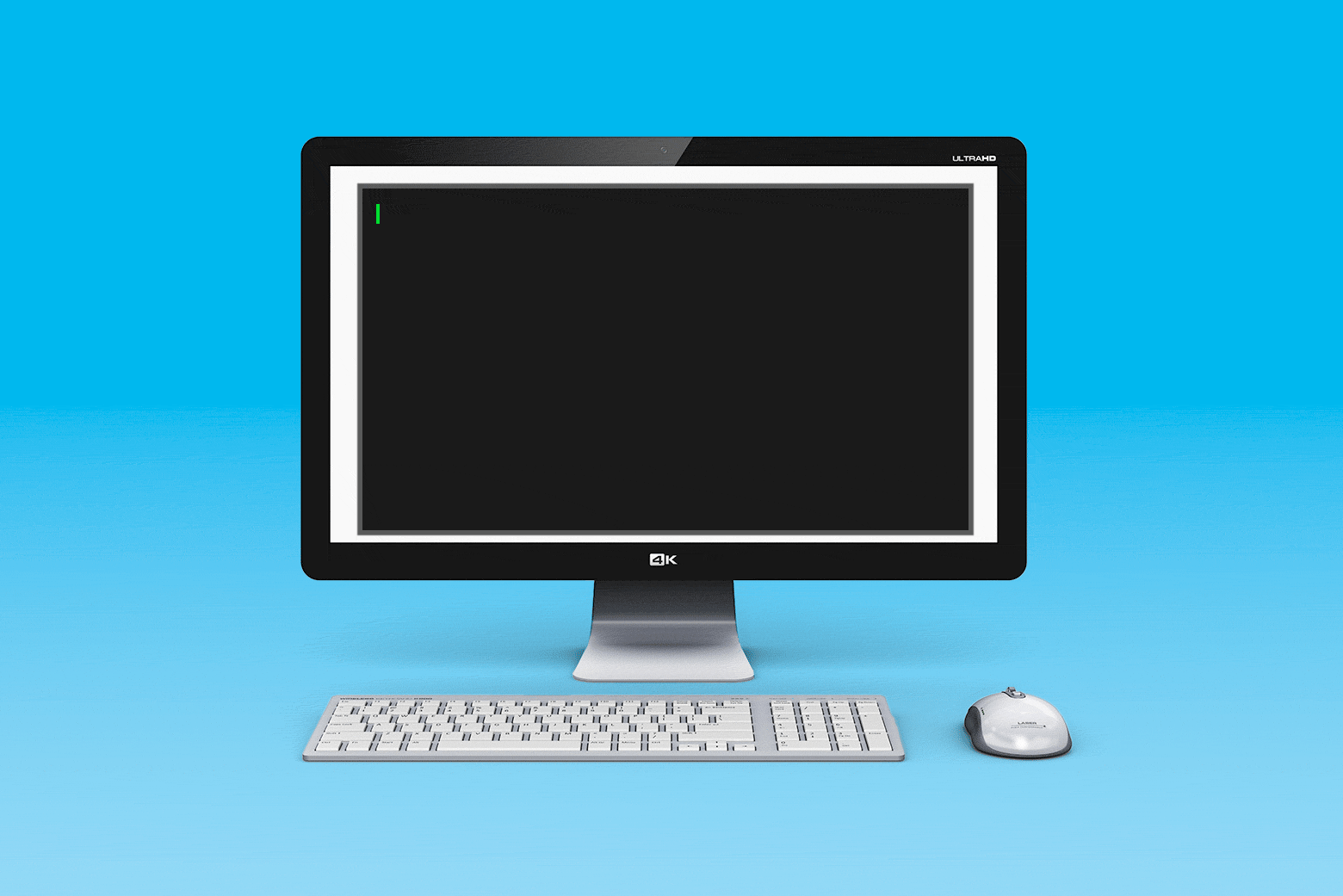
Why Your Boss Is About to Inflict A.I. on You
Reading Time: 3 minutesUsers are losing interest in tools like ChatGPT. Companies are just getting started., Microsoft Copilot and Google’s Bard show that the real A.I. evolution is in the workplace.
This article is from Big Technology, a newsletter by Alex Kantrowitz.
This week, Microsoft and Google introduced generative A.I. tools that make attending meetings, writing emails, scheduling travel, and catching up on projects vastly easier. The products channel the wonder of buzzy A.I. products like ChatGPT, DALL-E, Midjourney, and Bard into clear, applicable uses. And these obvious uses just happen to be in the workplace. Perhaps it’s no accident.
About a year into the generative A.I. phenomenon, it’s becoming evident that the technology is most useful in enterprise first, with broader consumer adoption perhaps to follow. The sonic boom arrival of ChatGPT—it notched 100 million users in two months—made it seem as if fast, mass adoption of A.I. chatbots and their related tools were possible. But ChatGPT was ultimately a demo for companies looking to build on top of the technology. And now, as consumer chatbot usage tails off, these products are shipping.
Microsoft in particular revealed an impressive suite of generative A.I. features for companies that, if they function as presented, might change the workday for the better. The company’s Copilot, an ‘everyday AI companion,’ will live prominently on Windows 11, Bing, Edge, and Microsoft 365. And it really sings once you give it access to meeting transcripts, emails, and documents.
At Microsoft’s New York release event on Thursday, I watched as it revealed products that simplify and automate some of the worst parts of office life. The company demoed a text generator that can read long Word documents and write blog posts highlighting the most relevant points. It showed another feature that allows you to prompt Copilot to summarize a slew of unread messages from an email-happy co-worker. The technology can also read transcripts of meetings you miss and note the most relevant parts, or allow you to query the full discussions. Even simple updates like prompting Copilot to create a header image for a slide deck seem quite useful.
At work, people will have a real incentive to learn how to use these products, figure out their prompts, and master their intricacies, especially given that their next promotion, their raise, or their job itself might depend on it. If the stakes are high, messing around with chatbots and image generators until you get it right would be worthwhile. For consumers, the technology can feel a bit daunting or not worth the effort. As one technologist told me this week, prompting is something you did on MS-DOS. We’ve built better user interfaces since then.
But as we get familiar with these tools at work, their utility will likely enter our personal lives. We might go from planning a meeting with A.I. to planning a vacation with it. Or from writing a blog post with a text generator to writing a bedtime story. Perhaps we’ll even ingest relatives’ words into long documents and turn that material into chatbots.
We’ll also see aspects of generative A.I. in the products we already use every day, making the transition easier. Google, for instance, is connecting Bard to Gmail. And Microsoft is putting Copilot inside Windows, where it will be hard to miss. ‘Having it in Windows, and having it naturally appear when you need it, is going to trigger average people to try it and use it a lot more than they do today,’ Microsoft consumer chief marketing officer Yusuf Mehdi told me.
Microsoft is also bullish on how Bing is stacking up vs. Google, challenging reports that generative A.I. hasn’t helped it gain on its competitor. ‘We have been growing share with Bing,’ Mehdi said. He wouldn’t get more specific, but said, ‘I’m working to have a independent third party [audit] that we’ll have shortly.’
In the near term, this week’s product releases should further assuage concerns of generative A.I. taking our jobs. These products are assistive, all but allowing you to be in two places at once, and should help cut down on the meaningless work that fills the typical workday. They may cause some homogenization in corporate blog posts and design—something a little human touch can help alleviate—but that won’t put people out to pasture. And it may even make our demanding workdays a bit more manageable.
Reference: https://slate.com/technology/2023/09/microsoft-copilot-google-bard-ai-enterprise.html
Ref: slate
MediaDownloader.net -> Free Online Video Downloader, Download Any Video From YouTube, VK, Vimeo, Twitter, Twitch, Tumblr, Tiktok, Telegram, TED, Streamable, Soundcloud, Snapchat, Share, Rumble, Reddit, PuhuTV, Pinterest, Periscope, Ok.ru, MxTakatak, Mixcloud, Mashable, LinkedIn, Likee, Kwai, Izlesene, Instagram, Imgur, IMDB, Ifunny, Gaana, Flickr, Febspot, Facebook, ESPN, Douyin, Dailymotion, Buzzfeed, BluTV, Blogger, Bitchute, Bilibili, Bandcamp, Akıllı, 9GAG